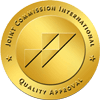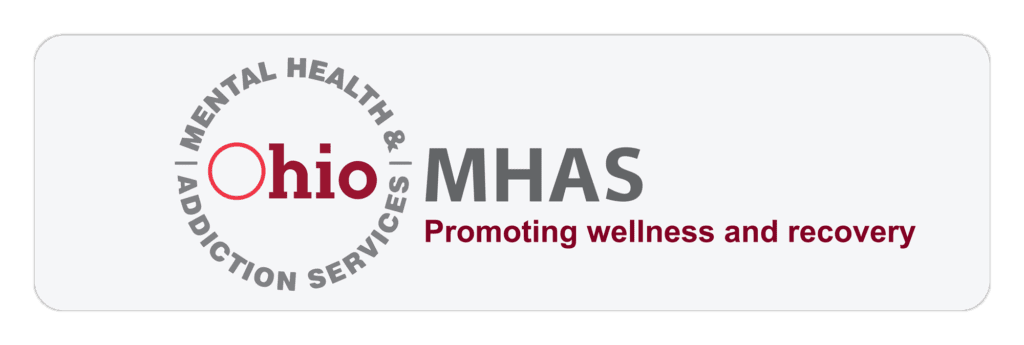Just like our physical health, we should aim to take care of our mind, especially in today’s social and physical climate. Our culture is overwhelmed by the possibilities and new norms afforded to us by the internet, alongside all the stress and friction this creates. While we as a people have always lived in times of change and struggle, we seem especially unequipped to deal with the issues present in our lives today, as rising rates of mental health problems seem to indicate.
On the other hand, our definition of what is healthy and unhealthy for the mind has shifted over time, and we’ve come to the point where we need to not only identify these problems but promote effective and simple solutions to try and combat them.
By taking your mental health seriously, you may not only lead a happier life, but a more productive and fulfilling one as well. These are just a few tips that may go a long way in some cases, but it’s important to recognize that tips alone are not enough in cases of serious mental illness. If you suspect you or your loved ones are struggling with a mental health problem, contact a medical professional.
Divide and Minimize
We face a great number of decisions and problems on an everyday basis, some of which are far more significant than others. Being inundated with choice and consideration can paralyze us and provide us with more anxiety than clarity or control. Consider which decisions are the most important and focus on them. When tackling a greater problem that requires a more dedicated approach, do not be overwhelmed by the prospect of the issue – cut it down into bite-sized pieces by creating a step-by-step plan, and following it one step at a time.
This advice works on all levels, and depends on the kind of life you lead, and the problems that present you with the most anxiety. If you find that you often put things off and decide to carry tasks out later than you should, then this procrastination may be a sign that you’re putting things off because they make you anxious. If you find yourself easily distracted, it may be a similar issue. Consider setting schedules for yourself and avoiding the potential of being faced with a wall of worry by turning larger tasks into smaller ones.
Learn to Cherish and Practice Gratitude
One of the less savory aspects of today’s rushed modern world is the need to do things in an instant. We expect faster and more efficient means of living, which often means passing up on opportunities to stop and experience life to begin with. The need for instant gratification greatly diminishes the enjoyment and value we get out of the things and experiences we invest in, and this pleasure-seeking can potentially exacerbate rising levels of stress. To make the most of the good things in your life, practice gratitude. Don’t think of the next thing, or the next moment. Set aside times for you to enjoy something, whether it’s time spent with others, a movie or hobby you greatly enjoy, or a game.
And then, savor it. Write about it, talk to others about it, linger on the experience by engaging it after the fact. Thank the people you were with. Speak to your partner and tell them how grateful you are for all the time you’ve spent together. Send your loved ones a message about how you cherish the times you’ve had. More than turn you into a sap, this sort of behavior can be deeply invigorating for the mind, because it allows you to linger and spend more time on positive moments.
It’s in our nature to be disproportionately affected by the negativity around us, which is why we pay so much more attention to negative news and react so strongly to negative information. This is because bad things are worse than good things are good, in the sense that our brains are more likely to be on the look out for something painful rather than spend time enjoying something good. This is a fine defense mechanism, but it makes for a miserable way to live. You must practice putting more time into things you like, and things that make you happy.
Don’t Run Away, Think It Through
Life is filled with difficult moments, and our first instinct in many situations is to run away. This may mean running away emotionally or physically, removing ourselves from an uncomfortable situation. In some cases, this is necessary – you have to run away from physical danger – but when confronting a toxic relationship or a problem in your life that brings you great grief and stress, it’s much more effective to tackle things head on than let them fester and develop into something much more difficult down the road.
Sometimes, you may need help in doing this. It’s okay to struggle with cutting off a friendship or quitting a job that brings more harm than good – if you feel you can’t do it alone, seeking emotional support can be the step you need to see it through. But remember that every decision you make in your life ultimately rests on your shoulders, and that responsibility can be empowering, or paralyzing. It’s both a form of freedom, and a source of stress. Think things through before you end them, but don’t run away from them.
See a Mental Health Specialist
Doctors specializing in mental health and psychiatry do not just work to care for patients with mental health conditions, but they can also work with people who are under a lot of pressure or stress, referring them to qualified therapists or prescribing techniques and resources to help them deal with their current problems. You don’t have to be mentally ill to qualify for a visit to the doctor’s office. In fact, waiting can often turn a bad situation into a much worse situation over time.
When regarding mental health, it’s more complicated than ‘healthy’ and ‘unhealthy’. We can help people identify behaviors and experiences that may affect them negatively, but our mental health is always on a gradient rather than a binary switch. You do not have to be officially diagnosed with a depressive disorder to go talk to someone about your low mood lately. You do not need to have an anxiety disorder to have an occasional panic attack following a stressful experience, or a ‘faux’ heart attack. Rather than visiting a specialist to fix our problems, we should consider visiting specialists more often as a way to prevent them in the first place.
Prevention is always simpler and more effective than a cure.






